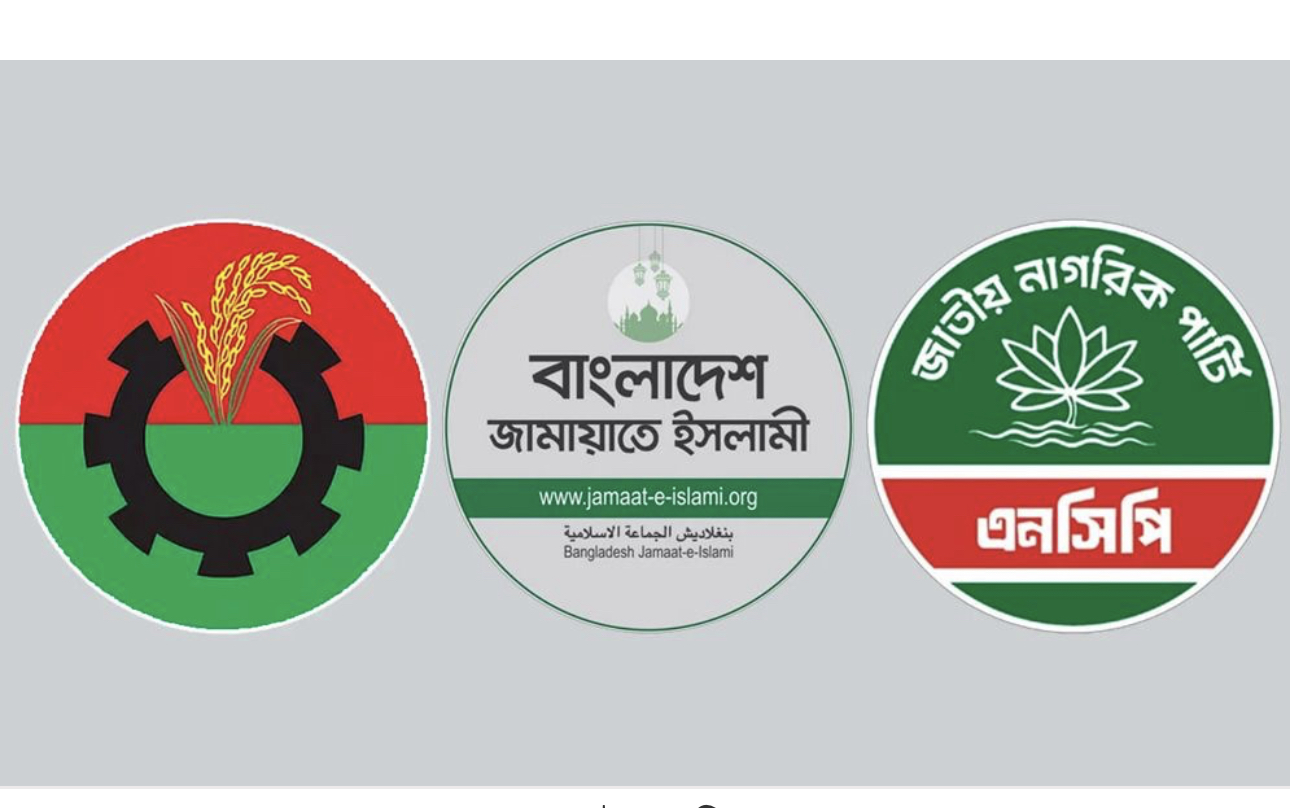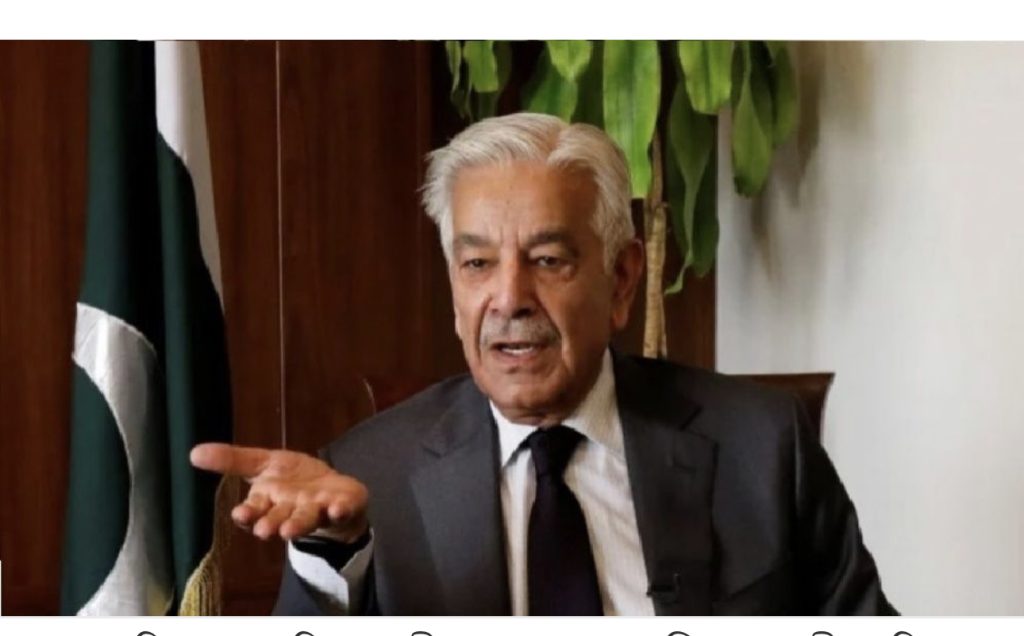BNP Slams ‘July Charter’ Recommendations, Compares Them to Dictatorial Decrees
The Bangladesh Nationalist Party (BNP) has expressed astonishment and fury over the recommendations submitted by the National Consensus Commission (NCC) for implementing the July Charter, accusing the Commission of implementing the views of Jamaat-e-Islami and the National Citizen Party (NCP) while ignoring those of the BNP.
The party held an emergency virtual meeting of its Standing Committee on Tuesday night, which was chaired virtually by Acting Chairman Tarique Rahman from London.
The Core of BNP’s Grievance
The BNP believes that despite being the largest stakeholder in the political movement, its opinions were disregarded. The party’s main objections stem from:
1. Ignoring BNP’s Stance: The BNP asserts that the NCC recommendations reflect the proposals and opinions of Jamaat-e-Islami and the NCP, overlooking the proposals put forward by the BNP.
2. Missing ‘Note of Dissent’: The party was promised that its “Note of Dissent” (formal disagreements) would be recorded in the final recommendations, but it was excluded entirely.
3. Allegations of Bias: BNP leaders are now convinced that the NCC, the (interim) Government, and “two or three other political parties” are on the same side, effectively creating disunity instead of the consensus the Commission was named to achieve.
Controversial Recommendations
The NCC’s recommendations propose a unique mechanism for constitutional reform:
• The next elected parliament will function as a ‘Constitution Reform Council’ for the first 270 days (9 months) alongside its regular duties.
• This Council will incorporate proposals passed in the national referendum into the Constitution during this period.
• The ‘Automatic Inclusion’ Clause: If the Council fails to complete the reform within 270 days, the proposals passed by the referendum will be automatically incorporated into the Constitution.
Comparison to Dictatorial Regimes
BNP leaders strongly criticized the ‘automatic inclusion’ clause, comparing it to controversial, undemocratic historical frameworks from Pakistan’s past:
• Legal Framework Order (LFO) 1970 (Yahya Khan): Which dictated constitutional principles and imposed a strict deadline on the legislature.
• Basic Democracy (Ayub Khan): A system of indirect elections designed to prolong the regime’s power.
BNP Standing Committee member Goyeshwar Chandra Roy questioned the entire process, stating the recommendations submitted to the interim government “do not match” the spirit of the July Charter signed by 25 political parties. He suggested the main objective might be to obstruct the upcoming 13th national election scheduled for February.
Another Standing Committee member, Iqbal Hasan Mahmud Tuku, angrily stated: “The Consensus Commission has virtually become the ‘Disunity Commission’ (Anikko Commission).” He questioned why the Commission even bothered to call the BNP to meetings if they intended to act solely on their own will.
BNP’s Next Steps
Following the emergency meeting, the BNP has made two key decisions:
1. Meet the Chief Adviser: The party has made a policy decision to seek a meeting with the Chief Adviser of the Interim Government.
2. Formal Press Conference: The party will hold a press conference to formally announce its reaction and position on the recommendations.




